Sovereignty and the Fisher King
On Brehon Law, the Sacred Cow and the Tuatha Dé Dannan
There was once a Fisher King who, in battle, was emasculated and rendered infertile. So that his entire Kingdom fell to ruin, becoming arid and sterile. He lost sovereignty over the land, and wearily waited for the Knight Percival to unlock the key to restoring the Wasteland to the flourishing land it once was. The question that would unlock his return to health was “What ails thee?” But Parcival, being overprotected by his mother, stopped short to ask the question, having been told by her that it was bad manners to ask a stranger questions. And so, he lost his chance on his visit to the Grail Castle to bring the Kingdom back to health. He spent many years on a quest to find the Grail, to restore the Fisher King’s lands to fertility and abundance.

Unreal City,
Under the brown fog of a winter dawn,
A crowd flowed over London Bridge, so many,
I had not thought death had undone so many.
(T.S.Eliot, The Wasteland)
When the ‘protectors’ of a land sell, exploit that land and its people for their own ends and profit, the land withers. Its people fall into a decayed, fearful state in which hope and prosperity, in its true and equal sense, disappear. It takes great amounts deception and trickery to keep that frantic gerbil wheel of lies and propaganda going. Their absurd acrobatics, whimsical and senseless legislations, statutes and mandates wear the land and the people down. Now, apparently, the NPHET Knights of ‘Ni’ (“We are the keepers of the sacred words: Ni, Ping, and Nee-womm!” Arthur: (to Bedevere) Those who hear them seldom live to tell the tale! Knight of Ni: The knights who say "Ni" demand..... a sacrifice!”) have seen the light and now, in the wisdom of hindsight, condemn our imprisonment, while still offering medicine from the poisoned chalice.
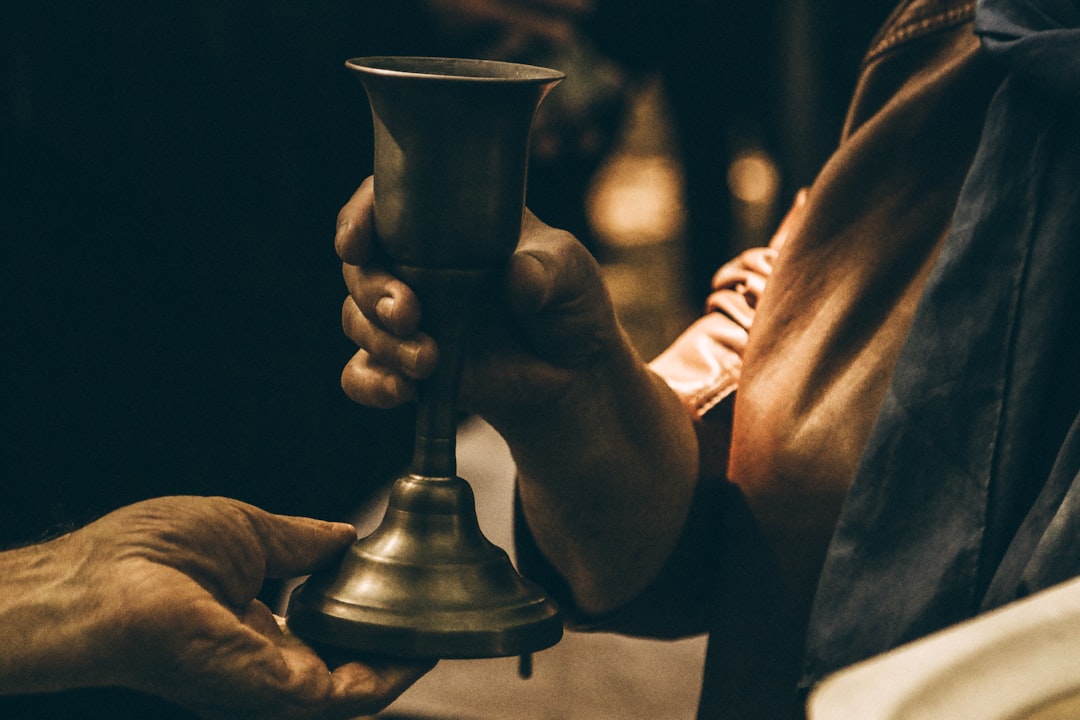
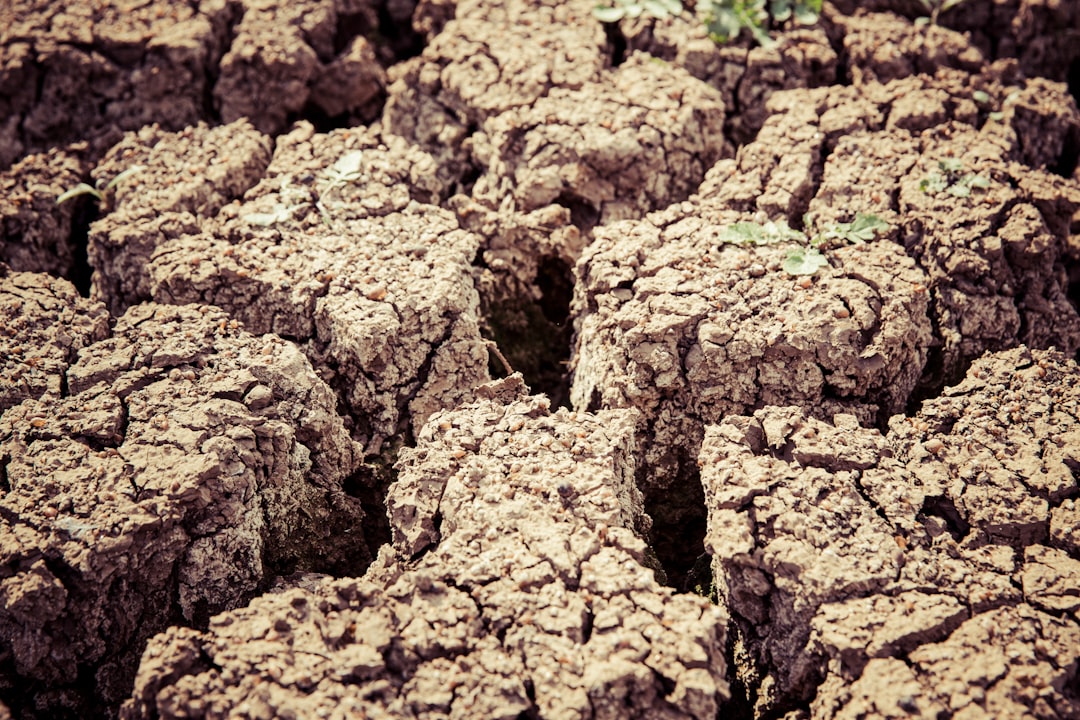
The wells, which have their source in other worlds, are minded by women, traditionally. In the story of the Maidens of the Wells, a degenerate King rapes the maidens of the wells in the Kingdom of Logres. “Without the wells, the land will perish.” Violating his sovereign promise to guard the land causes the wells to dry up and the land becomes a Wasteland. How withered became the Fisher King, with nothing to do but fish in the empty river.
The story of the The Maidens of the Well is told beautifully by Sharon Blackie:
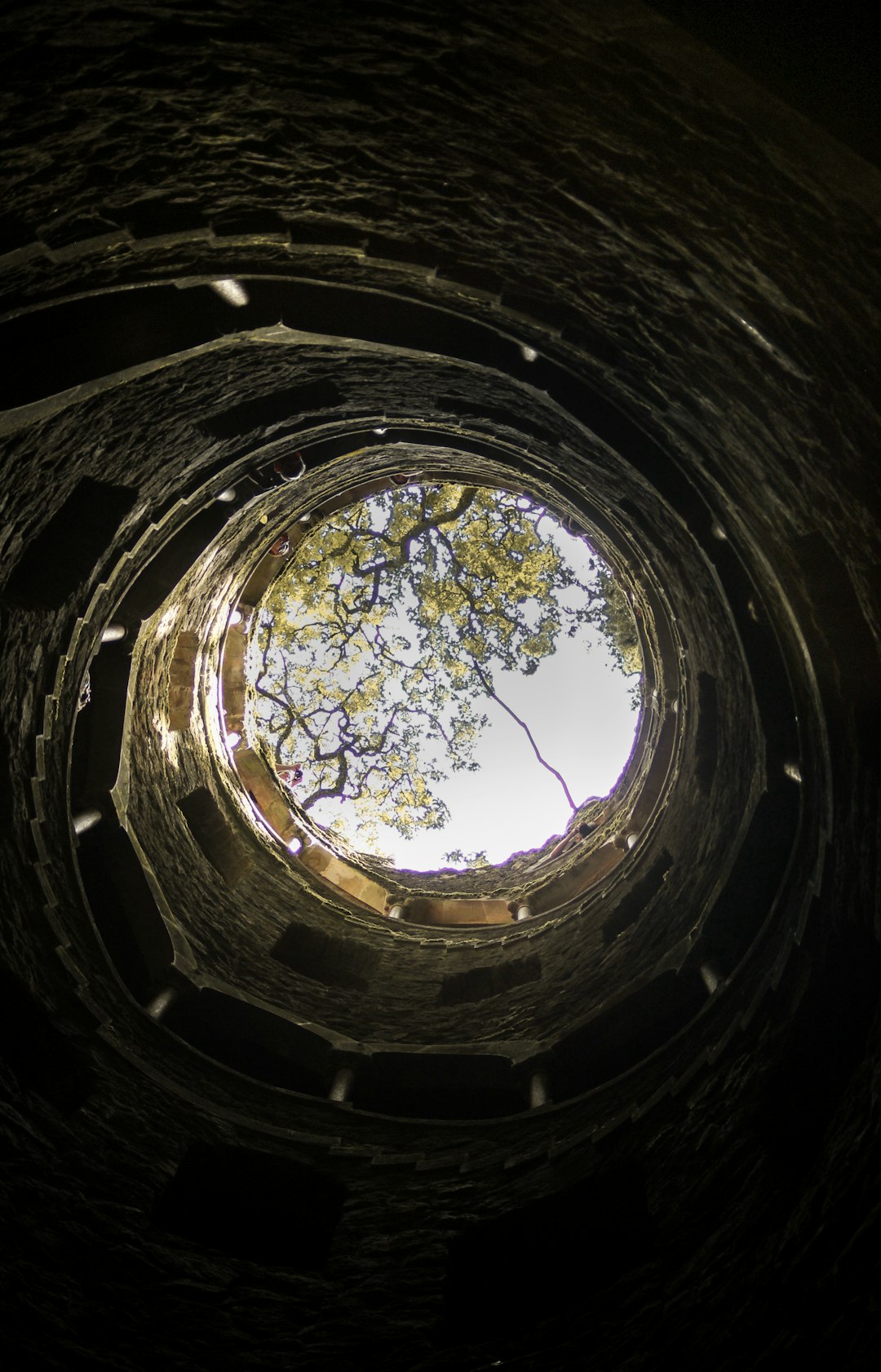
The river’s tent is broken: the last fingers of leaf
Clutch and sink into the wet bank. The wind
Crosses the brown land, unheard. The nymphs are departed.
(T.S.Eliot, The Wasteland)
Yes. The nymphs are departed. Unless we call them back. A while ago, I climbed up to Queen Maedhbh’s tomb in County Sligo, hoping to find a nymph or a well maiden or one of the Tuatha Dé Danaan. Just anything at all really, a slip of wind, a sídhe gaoithe, (a faery wind), or a whisper from Aengus, the Irish God of Love, the son of the Dagda, a leader of the Tuatha Dé Danaan…
When I had laid it on the floor
I went to blow the fire a-flame,
But something rustled on the floor,
And someone called me by my name:
(Song of the Wandering Aengus by William Butler Yeats)
Or, being in the presence of a great sovereign, like Maedhbh, I might have found, I hope, a hint of the sovereignty Ireland once held with poise, before its many ‘settlers’-whether they be the Formorians, the Milesians, the Anglo-Normans, the Vikings and last but least of all the English who relentlessly imposed their dull, utilitarian and frequently cruel ways. (Not to mention Google and Facebook!). I asked Maedhbh for help. In the way that, if we could only even realise what we’ve lost, and if we could only break out of that fog. If we could ignite the passion to find it again, to move forward, to bring the land to life again, to sing and dance on it, to create new ways of governing ourselves. A pipe-dream? A pie in the sky? A thing we will never reach in the face of the sheer magnitude of the Giants that cast their shadows over us? A fantasy? Imagine living under our ancient Brehon Laws again and not some pompous, post-colonial, incomrehenisble legal system. Imagine not having your life dictated to by buffoon politicians. We have already done it. We’ve just forgotten.
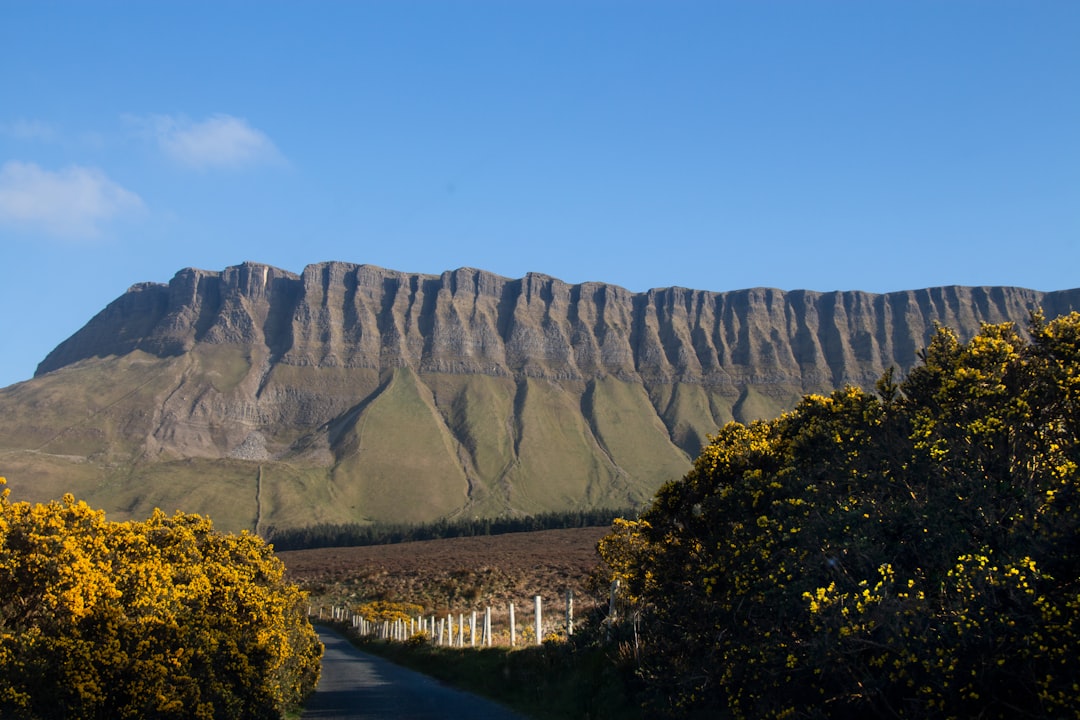
What were the Brehon Laws? Take for example, the complicated nuances of men and women. In one Brehon Law stated that a husband who through listlessness does not go to his wife in her bed must pay a fine. If a pregnant woman craves a morsel of food and her husband withholds it through stinginess or neglect he must pay a fine. t was illegal to give somebody food that was found with a dead mouse or weasel.

Justice under the Brehons was based on a system of compensatory fines called ‘erics’, calculated from the severity of the crime and the social rank of the guilty and injured parties. This arbitration pervaded commercial and criminal law, health and medicine, the ownership of property, marital and family law, and equality. Interestingly, the word for judge, breitheamh stems from the Indo-European word brih meaning ‘master of mantras’. Brih is the root of the Sanskrit word Brahmin. There are parallels with Indian’s book of Manu (Law) and Brehon Law. An explorer from Asia Mior named Dio Chrysostom commented in the 1st Century how similar Celtic druids were to India’s Brahmins. (Manchán Magan, Thirty Two Words for a Field, p. 213)
Judges in Brehon Law had five guiding paths to judgement- truth, duty, right, propriety, and proper inquiries. Lawyers pleaded their case according to their social standing and by determining the length of the speech allowed, they were advised to count eighteen breaths to one minute.
Brig Brethach (Brigid of the Judgements) was known as the ‘cowless’ or ‘propertyless’. She was a prominent Brehon Lawyer. She served alongside Sencha mac Ailella, her father, under King Conchobar mac Nessa. She advanced women’s rights through her judgments.
Cattle, pigs, and horses were all units of currency under Brehon law, milk being highly prized, as in India. “The cow was the measure of everything: it was the unit of value; the ultimate in poverty was the man with only one cow; the wealth of the richest consisted of vast herds of them.” A formal exchange of cattle was also used to seal contractual agreements. Imagine the Brehon lawyers would have deemed the murder of cows for their farts a travesty. High Treason. The so-called Green Party would not fare well under Brehon Laws.
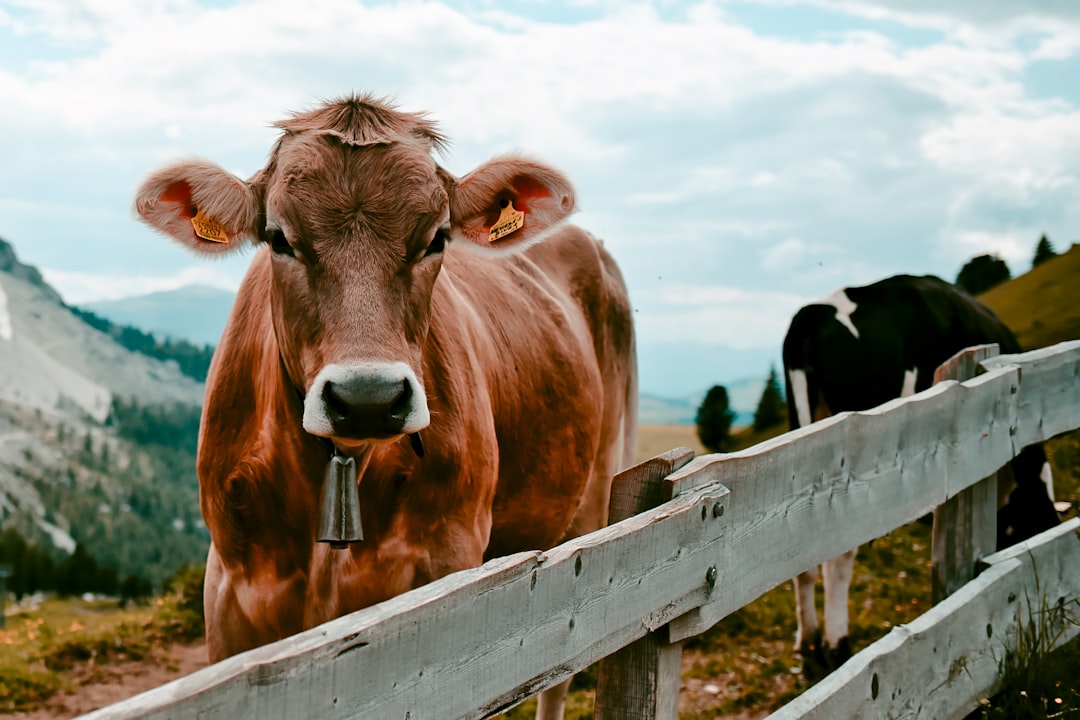
Many laws stipulated judgement in bovine terms: “For the best arable land, the price is 24 cows. The price for dry, coarse land is 12 dry cows.” A forestry law levied a fine of 2 1/2 cows (which was two cows and a heifer) for anyone found guilty of damaging protected trees.
Now, think of Maedhbh in the Táin Bó Cúailnge, the Cattle Raid of Cooley. She competes with her husband Aillil, demanding use of the Donn Cúailnge, a big brown bull that belongs to King Dáire mac Fiachna. When he refuses, she leads her armies into battle to get it. Because of a divine curse on the Ulaid, the invasion was opposed only by the teenage Ulaid hero Cú Chulainn, who held up the army's advance by demanding single combat at fords. Maedhbh and Ailill offered their daughter Findabhair in marriage to a series of heroes as payment for fighting Cú Chulainn, but all were defeated. Nevertheless, they secured the bull. This is the greatest myth of Ireland and like India’s Mahābhārata, it is focussed on cattle droving. To ‘cull’ our cattle is, as far as I am concerned, is an utter sacrilege to the people we are. The Green Party are literally demented, and their science unfounded.
The Christian monk scribes did not censor Maedhbh. She survives in tact, showing that she was fiercely admired in Ireland and yet there is a slant of judgement on her, that she was headstrong, ambitious, primiscuous, greedy, jealous and vengeful so she was effectively condemned. Yet she is arguably the most famous female character in Irish mythology. Remember that Maedhbh may have been later incarnated by Brigit, or that the latter is simply a Christianised version of Maedhbh. Maedhbh has mythic associations with the goddess of sovereignty (ie Brigid).
In ancient Ireland, not only could women be Queens, but they could lead armies, be warriors and druids, possess wealth and property in their own right, and engage in marriage on an equal footing with their husbands. Brehon laws affirm this. It was a system about equality and democracy, based on a complex system of fines instead of corporal punishment. Women were entitled to enter all the same professions as men; they could be Druids, poets, physicians, lawgivers, teachers, warriors, leaders, even Queens.
Bees held much traction in Brehon Law as cows. There are twenty pages of laws that govern beekeeping, honey making, the protection of bees. “Any bumble bee (bumbóg) taking nectar from a neighbour’s plant could be accused of trespass, just as a cow or sheep would if they wandered to a neighbouring land.”
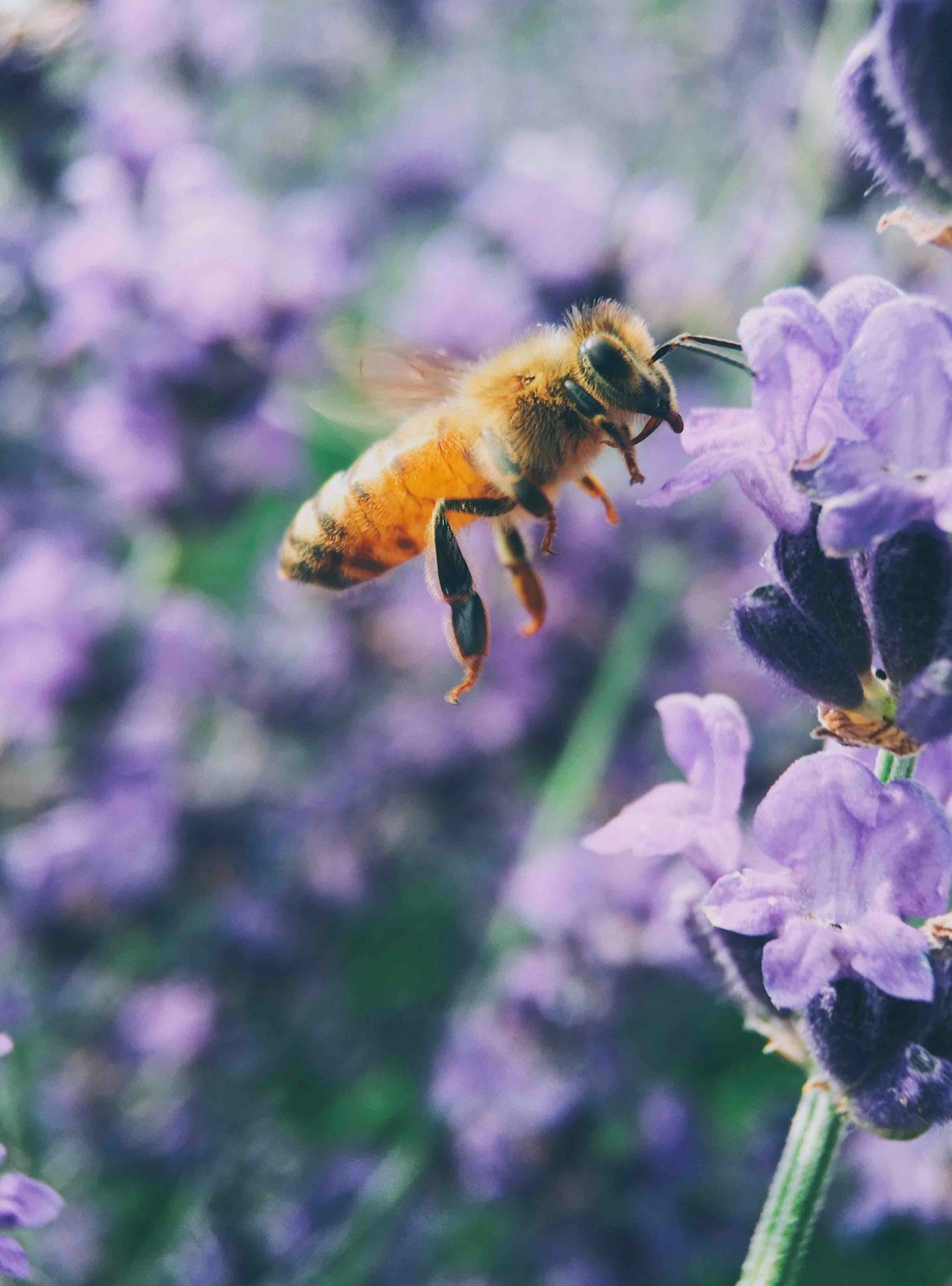
St Gobnait, our Patron Saint of Bees, drove a brigand away by sending a swarm of bees after him to make him return stolen cattle.

Bees are a little harder to fence in than cattle and sheep, so the law granted a beekeeper “three years of freedom during which time his bees were allowed free reign but on the fourth year the first swarm to issue from the hive had to be given to the neighbor as payment.” Victims of bee stings were entitled to honey from the Beekeeper but if they died of the sting two hives were paid in compensation. But if the victim killed the bee, that was another matter. And if they vandalized the hive prior to attack, the bees were deemed justified, their keeper absolved of liability for any injury.
Bees had their own set of laws known as the Bechbretha, bee judgments. Farming was common practice among Irish people during this time, but arrival of the bee (ca. 5th Century) brought new produce and new problems for Brehon lawyers. Read here.
Remember that bees, too, travel between the worlds.
Poets in ancient Ireland enjoyed many perks of social privilege, including wealth guaranteed by law. “The chief poet of the tribe earns twenty-one cows annually, plus enough pasture lands to feed them, plus two hounds and two horses.” Pity poets don’t get such boons these days. However, another Brehon law stipulated that a poet who overcharged for a poem could be stripped of half his rank in society. And if a poet’s satire was harmful enough to cause bodily injury or death to its target, the penalty was the honor price equal to the harm done or life taken. Sounds like Twitter? Words have the power to destroy, and this true through the ages.
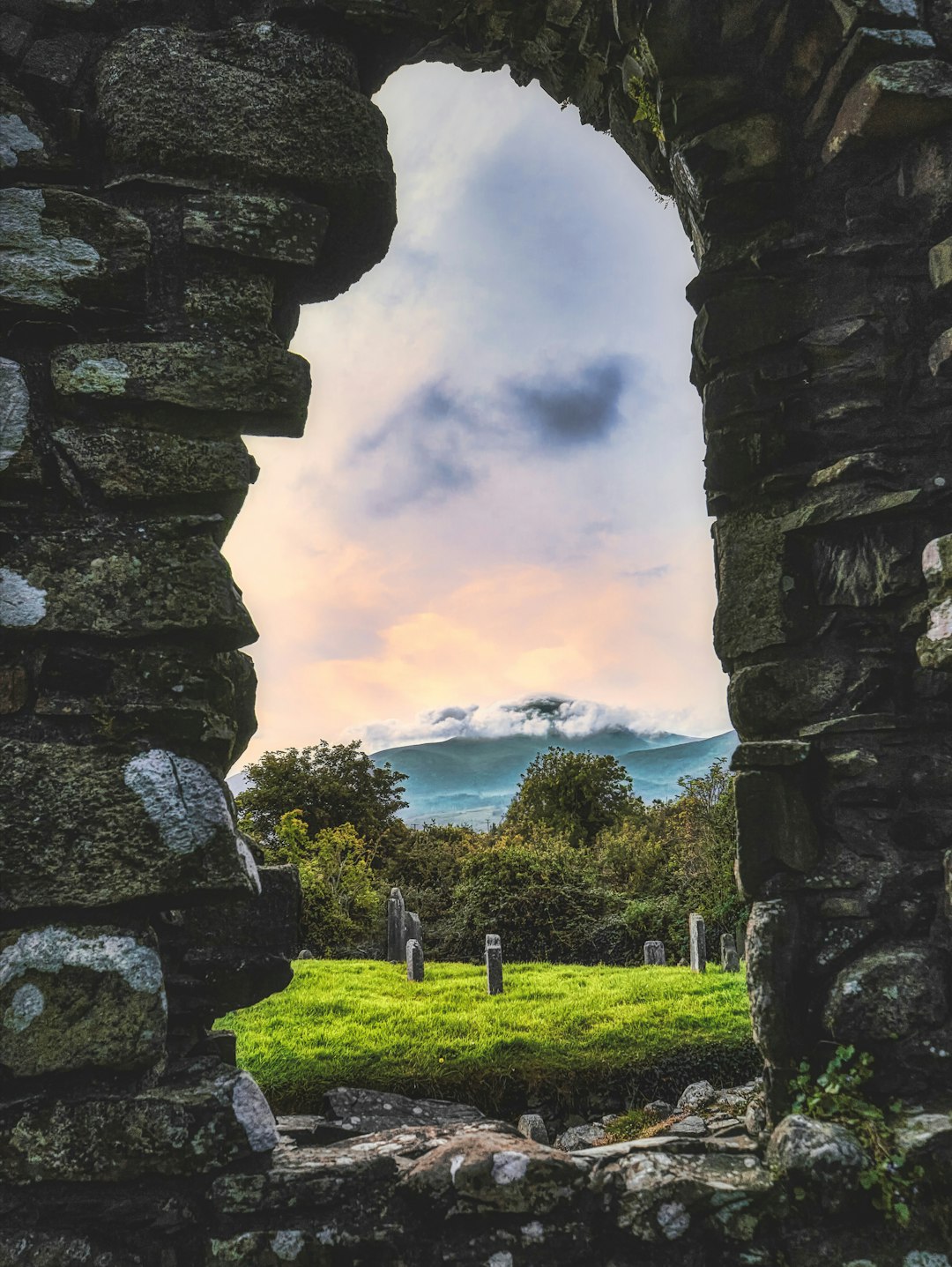
The poets of Ireland bring us now to the Tuatha Dé Danaan. If we are to understand our own culture, the dance between this world and the other is what makes us who we are. Manchán Magan has popularised the utter magic and depth of the Irish language, shown us words in our language that clearly display that we are a people whose land is riddled with portals between this world and the other. Take the word comhalta, related to the word Púicín, meaning ‘covered’ or ‘hooded’ but it also means the act of being invisible beneath magic robes, as in comhalta faoi bhrat sí, ‘hidden by a fairy mantle.’ Such mantles are needed badly in the kind of Ireland we now live in. Comhla, a derivative, means a leaf of a door, or a threshold to the Otherworld, a magical door to supernatural dwellings in rocks or a ring fort. (P. 33, 32 Names for a field, Manchán Magan)
Druids claimed the Tuatha Dé Dannan were their ancestors. These are the people of the goddess Danú, Anu or Anann. Anu was an ancient river goddess in Europe and in India Vedic myth refers to the Danavas race, sons of Dau. Danú is an ancient Scythian word meaning "river" and it is the etymology of the names of the River Danube, Dnieper, Dniester, Don and Donets. There is a Hindu promordial goddess called Danu (Sanskrit दनु, romanized Dānu) mentioned in the Rigveda to be the mother of the eponymous race of Danavas. The word Danu described the primeval waters that this deity perhaps embodied. In later Hinduism, she is described to be the daughter of the Prajapati Daksha and his spouse Panchajani, and the consort of the sage Kashyapa.
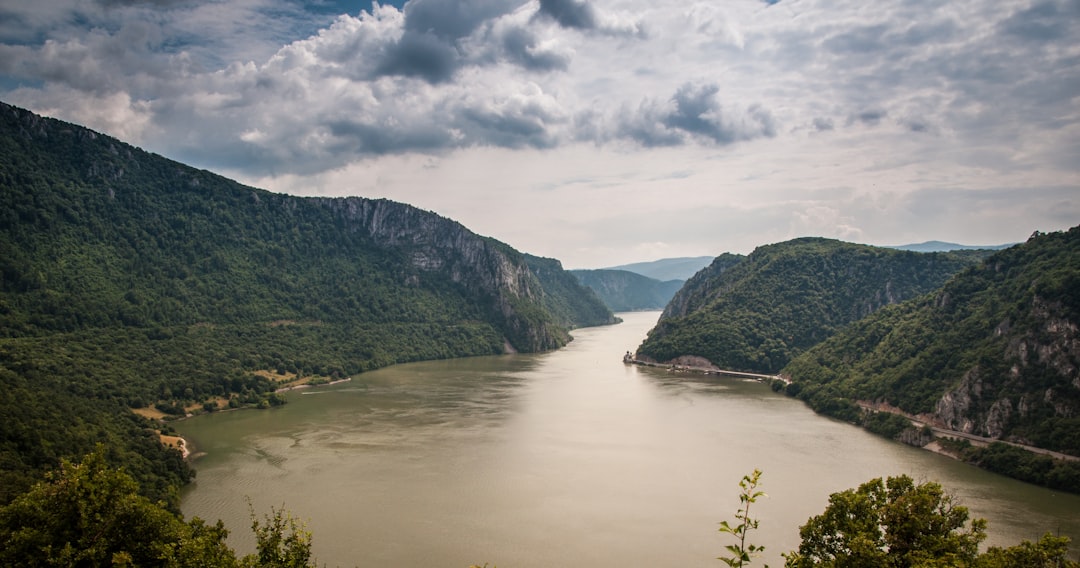
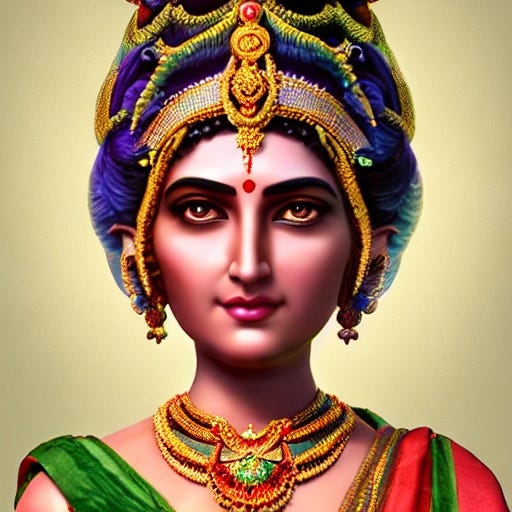
We find the Tuatha Dé Danaan in the Levor Gabála Érénn (the Book of Invasions of Ireland). They came here in flying ships surrounded by dark clouds, landing on the Sliabh an Iarainn in Co. Letrim. Their traditional rivals, were the Fomorians (Fomoire, representing the destructive powers of nature defeated by the Tuatha in the Battle of Mag Tuired). The Dagda is the great god, father of Aengus óg (our God of love) who resided at Newgrange (Brù na Bóinne). There was Lugh, Nuada, Manannán mac Lír the god of the sea, Dian Cecht the healer, Goibniú the smith. These Tuatha folk intermarried with mortals, even thought the Tuatha dé Danann were a supernatural race that resided in the ‘Otherworld’.
Take Cú Chulainn, the hero of the Táin Bó Cuailgne. He is a warrior hero and demigod in the Ulster Cycle of Irish mythology, believed to be the incarnation of the god Lugh, who is his father. His mother, however is a mortal: the sister of King Conchobar mac Nessa. Irish myths and stories are riddled with this inter-marrying of mortals and Gods.
Phlebas the Phoenician, a fortnight dead,
Forgot the cry of gulls, and the deep sea swell
And the profit and loss.
(T.S.Eliot, The Wasteland)
To invoke Brehon law, and the ancient wisdom of the Tuatha Dé Danaan, is not an incitement to anarchy, but to freedom and justice.
The government of this land came into being to serve the people, and many lives were sacrificed to that end. When it dictates everything from using seatbelts ( an early legislation that foreshadowed the full blown nanny state that was to come) to, in recent years, when we can dance, gather, play music, enter a pub or restaurant, how far we can travel from our home, what medicines we put in our bodies, when we can visit our dying dear ones, attend funerals, births, weddings, when they dictate every detail of our personal lives, it is time to realise that we are living under a ‘benign’ dictatorship. A smothering nanny, if only she was not so sinister. The beast itself is not so benign, as some of us have gathered.
I was taught, in University College Galway, the tenets of Bunreacht na héireann (the blue, adulterated book) by Michael D. Higgins. He always looked quite little at the bottom of the lecture theatre. But he was robust and clear: this was a sacred document in which our rights are enshrined. Where is that little man? What happened to our constitution? He sits in an 18th Century mansion in Phoenix Park, and he does what he is told, shrivelled behind a mountain of legislative documents that he dares not refuse to sign.
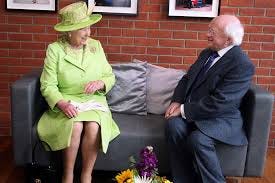
The land doesn’t matter to our ‘leaders’. Sell it. Sell the land, the minerals, the gas, the forests, the cows (or murder them because they fart), kill the bees with pesticides, abuse the rights and reason of the people. It’s time for us to do their work. We need to govern ourselves, and awaken our sovereign selves in the face of the folly that has overtaken this land. I say bring on the Brehon Laws. Invoke the Tuatha Dé Danaan. Get on with our own thing and ignore the Dáil, which no longer serves us. Be poetic, be creative, build our own world, climb mountains, sail to other lands and return peacefully.

You could start by attending the Saoirse Arts ‘Tuatha Dé Dannan Arts Festival’ in Cork, on 27-29 May. Book early and tell all your friends.
https://www.eventbrite.ie/e/tuatha-de-danann-tickets-567878920137
Tuatha Dé Danann will be a relaxing summer Féile gathering to celebrate and re-generate Irish culture, spirit, community, music and arts. The weekend festivities will be in Cork and the exact venue & location will be sent to ticket holders the week of the event. What we can say now is that the venue is on a beautiful site with plenty of outdoor spaces and land. You are very welcome, and so is your Granny.
Tuatha Dé Danann Event Schedule:
Act 1
The Spirit
- To be announced.
The Land
- To be announced.
The Mythology
- Author Siofra O’Donovan presents on the myths, folklore and the peculiar things of Irish mythology and explores the Tuatha Dé Danann.
Act 2
The Fountains of Knowledge
Thomas Sheridan & John Waters explore early Irish paganism and early Irish Christianity with substack publisher & journalist Louise Roseingrave
The Language
- To be announced
The Craic
- Comedian and storyteller Aidan Killian performs his new show " Behind The Mask " .
The Music
- Caoimhe Hogarty leads Irish traditional and folk band Copper Alley
Act 3
The Shadow
“ The Island” the launch & Premier of an original Irish play by award-winning Irish playwright Tina Noonan.
The Poets
- To be announced
The Healing
- To be announced.



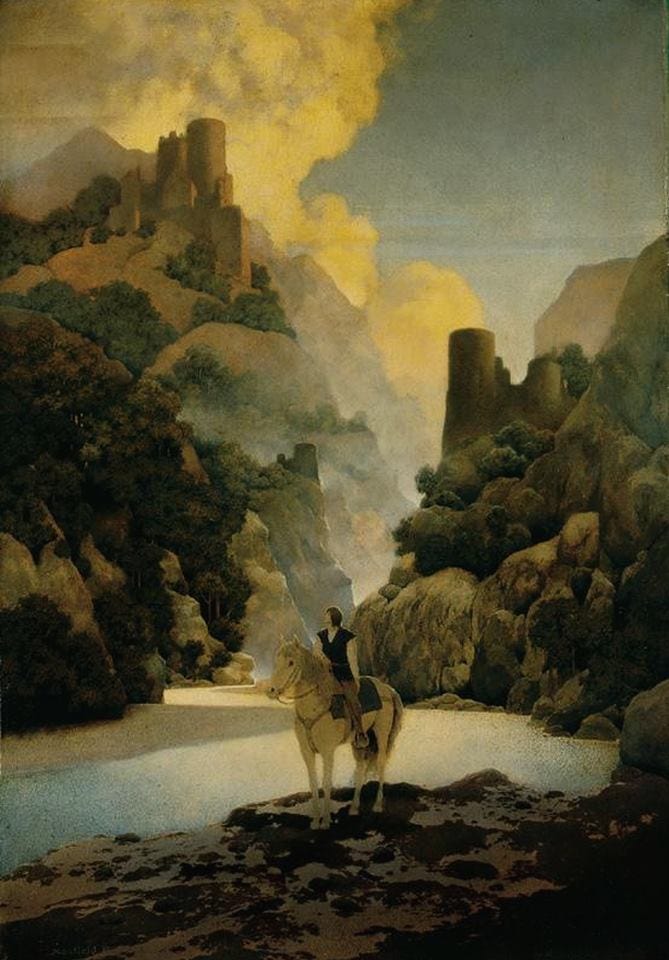
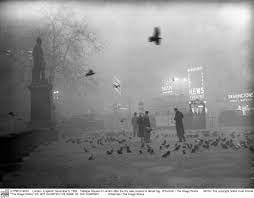
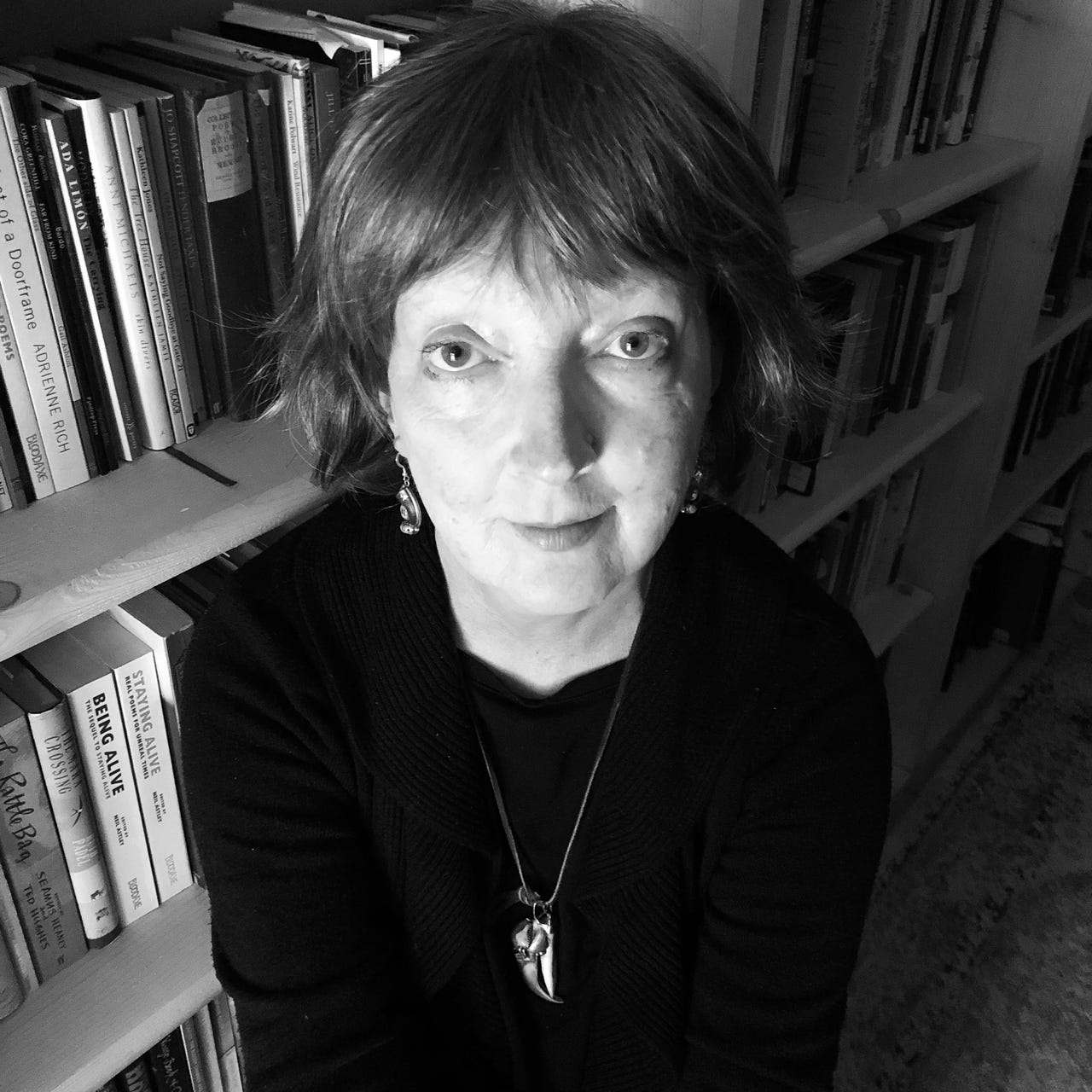
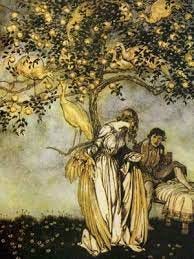
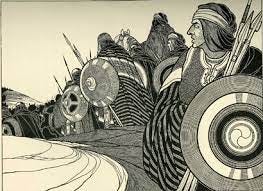
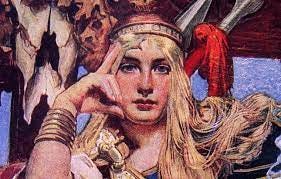
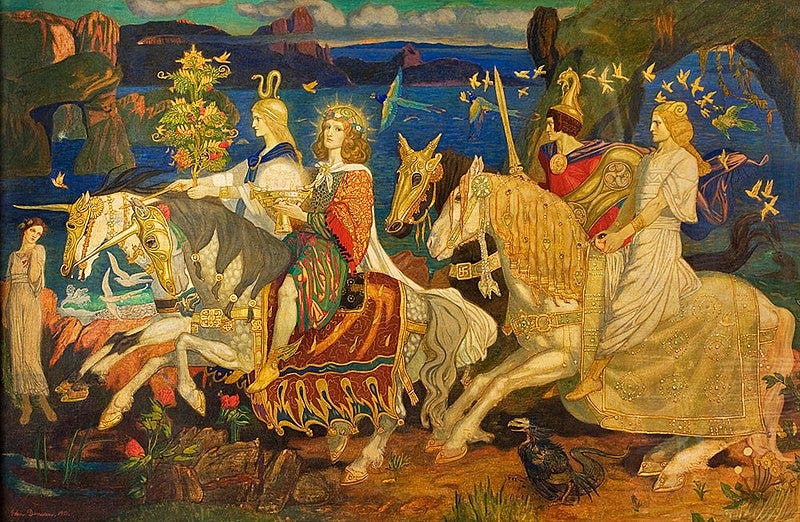

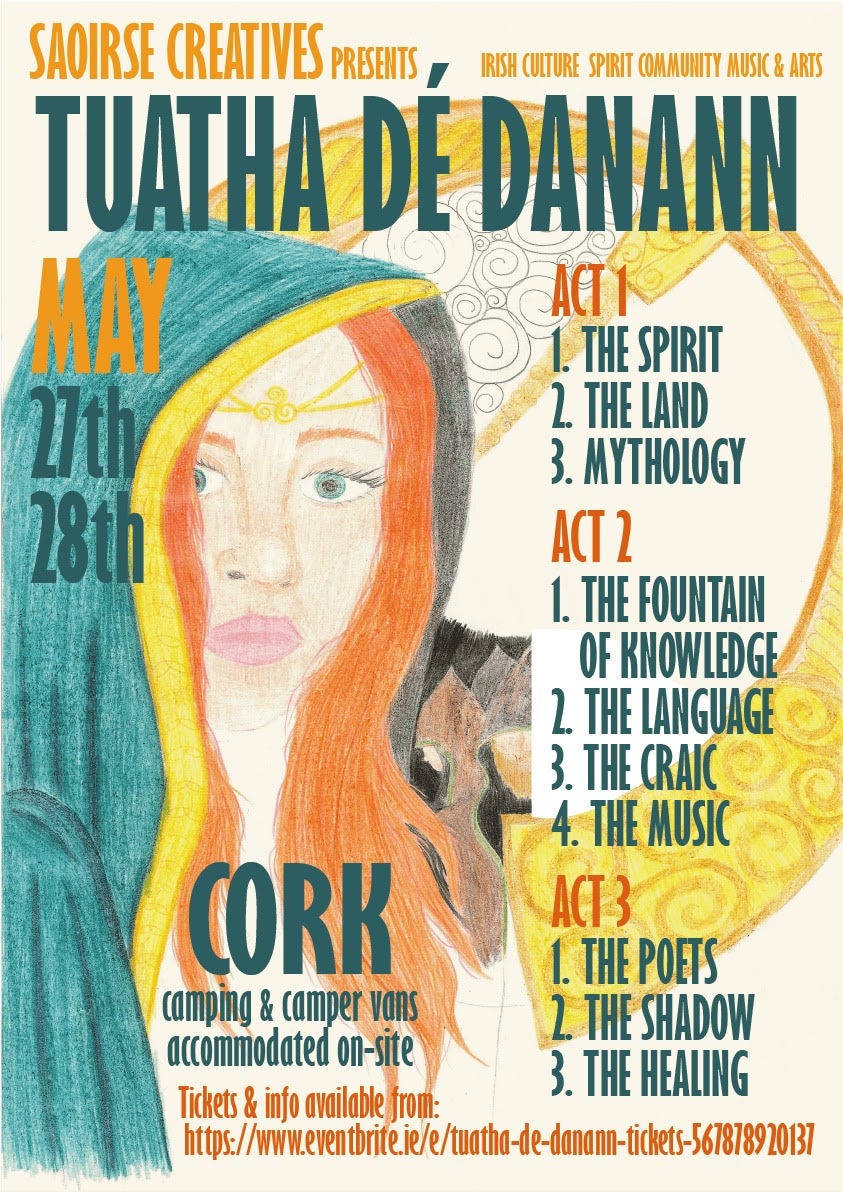
Siofra, Happy Mothers Day, what a mother, what a piece. Eating and drinking in it. Needed a Sunday for the read, like my own penning. Apologies, only getting to it now. What a rally cry, what power jumps off the page, I'm riled. But it's mother's day, serving breakfast and brunch, am I, in bed to my wife and son. Inner conversations with the chocolate cake everytime I open the fridge to put things back. Riling must be put on hold. Wrote in my 46 post, the second last paragraph being for you, the merry pransters and the pay it forward idea. This piece is huge power, will touch all who read it. I'm finished with my writing for now but will pass yours on, with what I have left, that powerful tool called - word of mouth, to all I meet. If we all partake, what's meant to catch fire, will. I wait in anticipation for more. Now back to chocolate cake fighting of the mind. All the best Siofra, a powerful work of good here, have a great mothers day, Phoeagdor.
That was so interesting thank you. Myself and my wife are booked for Cork, it will be an education I badly need.